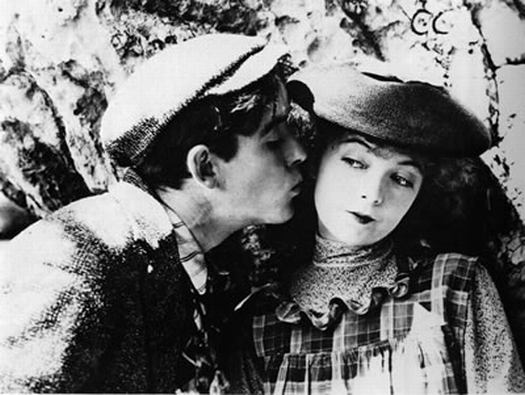The popular audience of the 20th Century never lost its appetite for the straightforward, heartfelt sentimentality of the Victorian era. This was so much the case that all art forms which eschewed such sentimentality — painting, sculpture, concert music, opera, poetry and, for the most part, fiction — ceased to be popular arts at all. Serious new works in all these forms were addressed to smaller and smaller elites.
20th-Century intellectuals, especially those associated with the academy, rejected frank sentimentality as a kind of outdated perversion, as something as unhealthy in its way as the supposed repression of sexuality in the Victorian era. To be labeled a sentimental artist was as incompatible with intellectual prestige as being labeled a prude.

In the arts where “serious” intellectuals and the academy had no particular authority, such as movies and popular music, frank sentimentality continued on its merry way, commercial success with large audiences being considered sufficient compensation for intellectual disrepute.
When highbrow intellectual critics began to take movies seriously, they naturally tended to favor those films which relied least on sentimentality, or which rejected it to one degree or another. This has resulted in a canon which reflects a skewed picture of popular movies.
It's all very silly, of course, and will someday be seen as one of the charming but lunatic quirks of 20th-Century intellectual fashion. Meanwhile, however, it's interesting to imagine how the field of 20th-Century popular movies will look to future generations, who will have moved on to some other form of cultural myopia.
It may be, for example, that True Heart Susie will one day be considered as fine a film as Pandora's Box. That Meet Me In St. Louis will be considered as fine a film as The Magnificent Ambersons. That The Ghost and Mrs. Muir will be considered as fine a film as Vertigo. That Titanic will be considered as fine as film as The Godfather, Part II. There may even come a day when the Hollywood musical will be considered as cool as film noir.
The good news is that you don't need to wait for this shift in cultural prejudices to work itself out. You can go right ahead and appreciate great films of frank sentiment for the masterpieces they are. You can enjoy them emotionally and intellectually to your heart's content. The 20th Century is over, after all — and good riddance to it!
